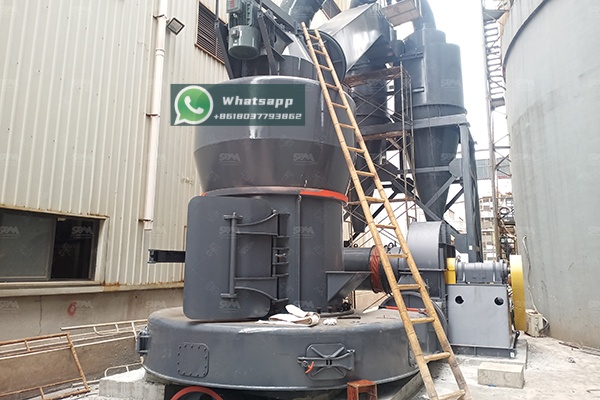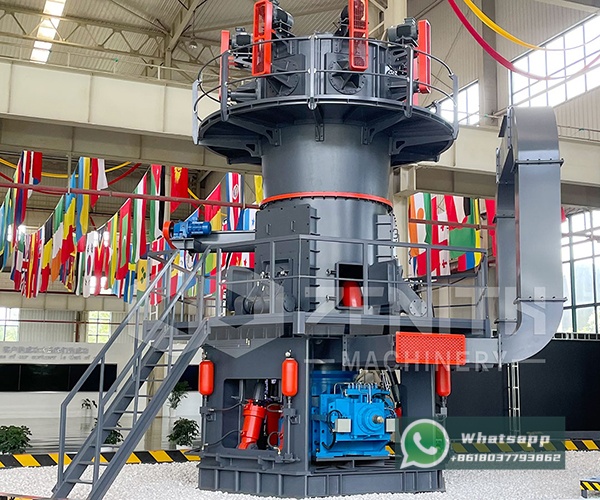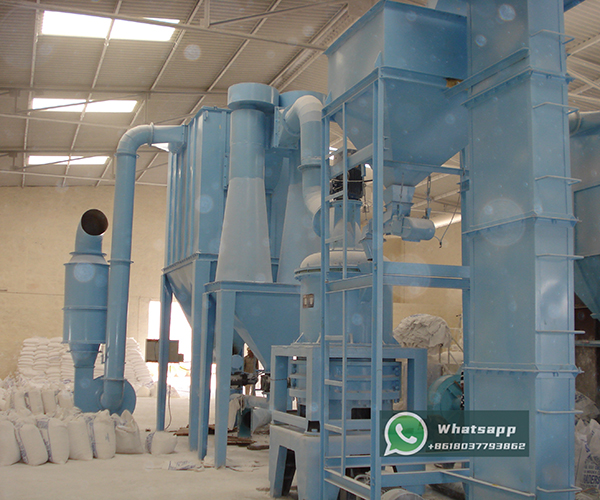The pursuit of superior performance in rubber seal manufacturing is an intricate science, where the quality of raw materials and their processing directly dictates the final product’s properties. Among these materials, talc, a hydrated magnesium silicate, stands out as a critical functional filler. Its efficacy, however, is profoundly dependent on its particle size distribution and purity. Ultrafine grinding is not merely a process step; it is the gateway to unlocking talc’s full potential, enhancing reinforcement, improving barrier properties, and ensuring the consistent quality required for high-performance applications in automotive, aerospace, and industrial machinery.
Talc is prized in the rubber industry for its unique combination of properties. It acts as a reinforcing filler, improving the stiffness, tensile strength, and dimensional stability of the rubber compound. Its platy, lamellar structure is exceptionally effective at creating a tortuous path for gases and liquids, significantly enhancing the seal’s barrier properties—a non-negotiable requirement for preventing leaks. Furthermore, talc improves processability by reducing compound stickiness and can enhance resistance to heat aging and chemical corrosion.
However, these benefits are maximized only when the talc is ground to an ultrafine consistency. Coarse talc particles can act as stress concentrators, compromising the mechanical integrity of the seal and creating potential failure points. Ultrafine talc, with its dramatically increased surface area, integrates homogeneously into the rubber matrix, ensuring uniform reinforcement and a flawless, impermeable barrier.

Producing talc powder with a consistent top-cut below 10 microns (and often targeting D97 < 5μm) presents significant technological challenges. The process requires equipment capable of applying precise and controllable grinding energy to achieve the desired fineness without damaging the mineral’s lamellar structure. Over-grinding can delaminate the platelets, reducing their aspect ratio and diminishing their reinforcing and barrier-enhancing effects. Therefore, the grinding mill must offer not just power, but precision, efficiency, and control.
Key challenges include:
Addressing these challenges requires specialized engineering and deep industry expertise. Shanghai Zenith Machinery Co., Ltd. has established itself as a leader in the field of industrial grinding equipment. With a dedicated focus on research and development, Zenith’s grinding mills are designed to deliver exceptional performance, reliability, and efficiency for the most demanding ultrafine grinding applications, including talc processing for the rubber industry.
For producing the high-quality talc filler essential for premium rubber seals, Zenith’s LUM Ultrafine Vertical Mill represents the pinnacle of grinding technology. This mill is engineered from the ground up for producing precisely controlled, superfine powders. It integrates grinding, drying, classification, and conveying into a single, compact unit, offering an unparalleled combination of performance and efficiency.
The LUM series features several critical advantages for talc processing:
| Model | Main Machine Power (kW) | Capacity (t/h) | Size Distribution D97 (μm) |
|---|---|---|---|
| LUM1125 | 90-110 | 0.7-4.5 | 5-30 |
| LUM1436 | 160-200 | 1.3-9.0 | |
| LUM1925 | 280-315 | 2.0-13.5 |

For operations requiring a robust and proven solution for superfine talc production, Zenith’s XZM Ultrafine Grinding Mill is another excellent choice. Based on a ring-roller design, the XZM mill is a reliable workhorse capable of producing powders from 325 to 2500 mesh (5-45 microns). It is particularly well-suited for grinding soft to medium-hard materials like talc.
Its strengths include:
Investing in advanced grinding technology from a specialist like Zenith translates directly into enhanced rubber seal performance:

The demand for higher performance, longer-lasting rubber seals will only intensify. Meeting this demand starts at the very beginning of the supply chain: with the production of consistently ultrafine, high-purity talc. Conventional grinding methods are often inadequate for this task, leading to compromised product quality and inefficient operations.
Shanghai Zenith Machinery Co., Ltd. provides the technological edge necessary to excel. By employing advanced grinding solutions like the LUM Ultrafine Vertical Mill, talc producers and rubber compounders can ensure they are utilizing a filler material that fully unlocks the performance potential of their seal formulations. In the competitive landscape of industrial manufacturing, partnering with a technology leader like Zenith is not just an operational decision—it is a strategic one, paving the way for innovation, quality, and market leadership.